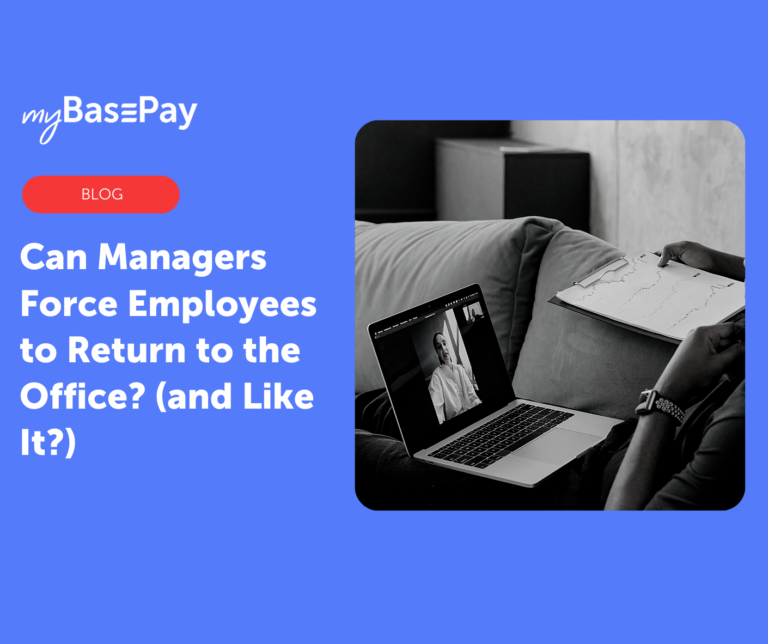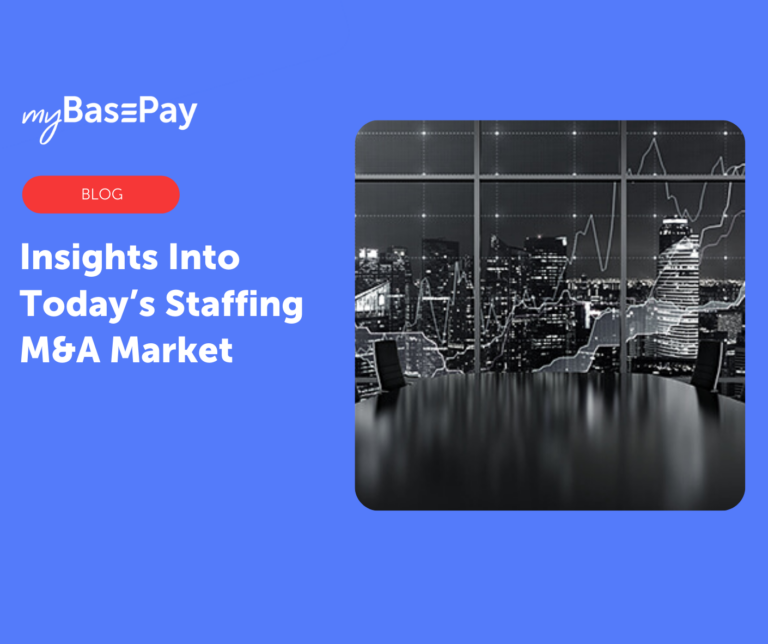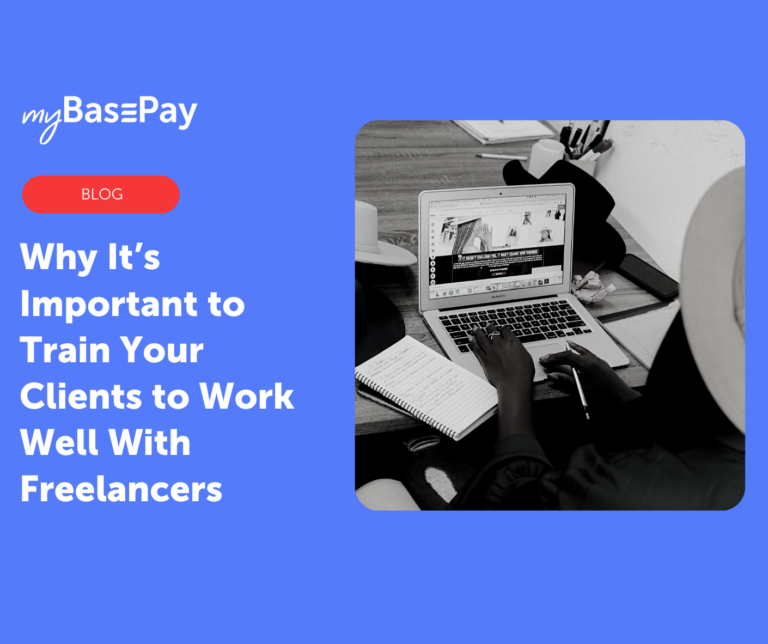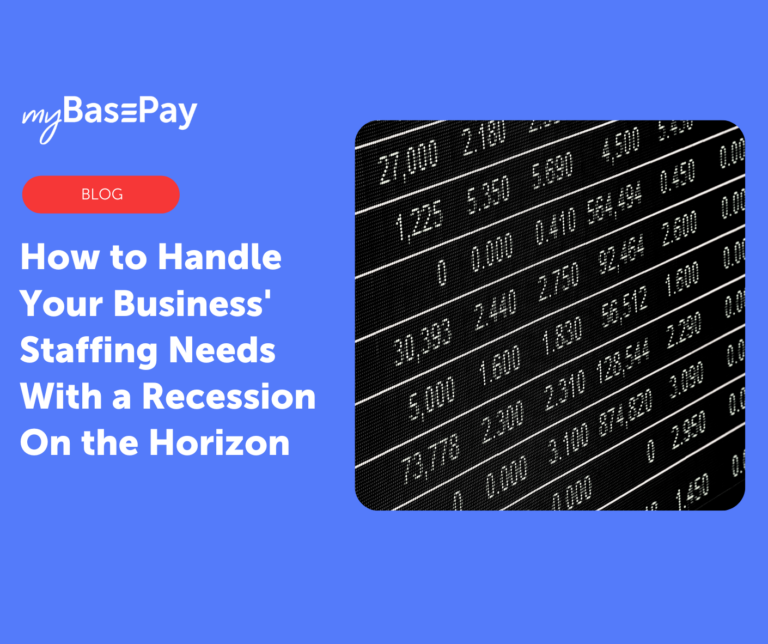Can the Freelance Marketplace and Traditional Recruiters Coexist?
The recruiting industry has long been primarily focused on matching workers to companies for temporary or full-time in-office employment. Generally speaking, the idea was that the company had a specific position that it needed filled, and recruiters did the heavy lifting of finding someone to fill it.
Nowadays, however, recruiting isn’t so simple. The rise of the freelance marketplace has dramatically changed the recruiting cycle — both in terms of what available workers want to do and what prospective employers are looking for.
This doesn’t mean that traditional recruiters no longer have a place in the industry. But it does mean that they need to adapt if they wish to continue to thrive.
Understanding the Freelance Workforce
There are an estimated 59 million freelancers in the United States, many of whom do so on a full-time basis. Rather than work for a single employer, these individuals often contract with several clients to fill their schedules with work.
In other words, they aren’t looking for a full-time position with a single company. They may work with multiple clients over the course of the year, or even balance projects from multiple clients at the same time.
A FlexJobs survey helps reveal the mindset as to why more and more people are choosing to freelance. According to their survey results, 70 percent of freelancers do so to improve their work-life balance. Sixty-two percent cite being able to choose when they work, while 55 percent want to choose where they work. The idea of freedom was selected by 56 percent of survey respondents.
These are benefits that many freelancers feel they aren’t able to attain with a traditional 9-to-5 job. Flexible schedules, the ability to eliminate commuting by working from home, and a better work-life balance make freelancing more appealing than the career paths that most people followed 20 years ago.
All of this means that there are fewer people looking for traditional full-time employment than in the past, which can make it much more challenging to fill open positions.
Why Contingent Workforces Are Attractive to Employers
While freelancers are certainly disrupting the employment marketplace, many employers are finding this to be highly advantageous for their own operations.
First and foremost, working with freelancers can yield major cost savings for employers — and not by underpaying independent contractors. Consider a company that needs help updating its website. This is a one-time project that may need occasional follow-up assistance.
Traditionally, companies would have two options: hire a full-time employee to take care of the work, or outsource it to a web design agency. However, partnering with a freelancer presents a more affordable and efficient alternative.
A freelancer can be hired on a per project basis, meaning their contract would only cover the one project and the relationship would end afterwards — though they could certainly work together again in the future.
By not hiring a full-time employee, the company won’t have to provide health insurance, paid time off or other benefits. By not using an agency, they won’t have to deal with the higher overhead that comes from working with another company that has to cover its employees’ wages and benefits. The company only needs to worry about paying the freelancer’s contracted rate.
Because freelancers work remotely, businesses can engage with top talent from around the country — or even across the globe. This allows for a more flexible hiring approach that can make it easier to find qualified freelancers to take on projects as needed.
How Recruiters Must Adapt
There is certainly still a place for traditional recruiters, particularly for companies and industries that don’t yet rely as heavily on freelancers. With more people going into freelancing, the help of a recruiter in finding qualified full-time talent can be invaluable.
But at the same time, staffing agencies would be wise to reevaluate their service offerings to identify ways they can be more versatile in today’s diverse employment landscape. There is no denying that freelance marketplace trends have significantly shifted needs and expectations for both employers and prospective employees.
Recruiters should no longer merely focus on helping employers fill full-time positions. Connecting contingent talent with employers who need help with short-term projects can become a valuable source of income. And in many ways, the core task is the same as traditional recruiting — matching the right person to the right position.
Of course, there are key challenges that recruiters must be mindful of when working in the freelance market. Chief among these is compliance with employee classification guidelines — ensuring that freelancers are not doing work that would technically qualify them as a full-time employees in the view of the IRS.
Staffing agencies can increase their value to employers that wish to engage with freelancers by helping them safely navigate compliance concerns. Doing so can protect a business from fines and other penalties, offering them much-needed peace of mind as they leverage the advantages of the freelance marketplace.
This is something recruiters must be deeply knowledgeable of themselves — and if they aren’t, they should utilize employer of record (EOR) services to keep themselves in the clear.
Balancing a Changing Employment Market
It’s estimated that freelancers will become the majority of the workforce in the United States by 2027. This doesn’t mean that traditional jobs are going away. There will still be plenty of employers who need recruiting assistance to fill in-office, 9-to-5 type jobs.
But at the same time, a growing freelance workforce and changing employer needs will gradually reduce how many companies regularly need to fill “traditional” positions. In order to thrive in the years ahead, recruiters must be prepared to adapt their work so they can also cater to the unique needs of a freelance-focused marketplace.
myBasePay can help. Our full suite of back-office solutions helps address many of the unique concerns that have become even more pressing with the rise of freelancing, such as invoicing, payroll and compliance administration. With a quality employer of record on your side, you can dedicate your focus to matching qualified candidates with the right companies.
Author: Cesar Jimenez, myBasePay CEO
Cesar A. Jimenez is an entrepreneur, investor, and military veteran with over 25 years of staffing industry expertise successfully leading technology staffing organizations. His expertise in the IT industry allows him to use his experience as a thought leader for talent acquisition, staffing, IT, and recruitment technologies with a passion for contingent workforce solutions. Cesar has held various leadership roles for both a global staffing organization and technology solutions companies. This expertise has enabled him to develop alternative workforce models that provide the agility for organizations to be competitive in today’s marketplace. In his spare time, he enjoys spending time with hisfamily, working out, and coaching high school baseball players.






